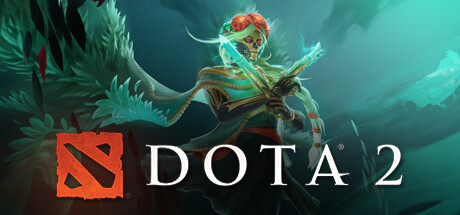Outline:
I. Introduction
- Definition of Volcano Princess
- Brief history and cultural significance

Volcano Princess Game Download PC
II. Characteristics of Volcano Princess
- Physical traits
- Personality traits
- Special abilities
III. Legends and Folklore
- Creation myths
- Legends of powerful Volcano Princesses
- Historical figures
IV. Role in Culture
- Religious significance
- Artistic representations
- Modern-day celebrations and festivals
V. Environmental Impact
- Positive effects of volcanoes
- Negative effects of volcanic eruptions
- Efforts to mitigate environmental damage
VI. Conclusion
- Summary of key points
- Final thoughts
Volcano Princess
The Volcano Princess is a mythical figure found in many cultures around the world. She is often associated with the power and unpredictability of volcanoes, as well as the beauty and danger they can represent. In this article, we will explore the characteristics, legends, and cultural significance of the Volcano Princess, as well as the environmental impact of volcanoes.
Characteristics of Volcano Princess
Physical Traits
The Volcano Princess is often depicted as a beautiful and powerful woman with long, flowing hair and fiery eyes. She may be dressed in regal clothing or adorned with volcanic rocks and gems.
Personality Traits
In many legends, the Volcano Princess is described as passionate, tempestuous, and unpredictable, reflecting the nature of the volcanoes she represents. She may be benevolent or malevolent, depending on the culture and the circumstances.
Special Abilities
Some versions of the Volcano Princess legend attribute her with supernatural powers, such as the ability to control the elements or communicate with spirits. In some cases, she may be able to grant wishes or offer protection to those who seek her favor.
Legends and Folklore
Creation Myths
In some cultures, the Volcano Princess is seen as a creator or destroyer of worlds, linked to the primal forces of nature. In Hawaiian mythology, for example, the goddess Pele is said to have shaped the islands through her volcanic eruptions. In other traditions, the Volcano Princess may be a key figure in stories of creation or the afterlife.
Legends of Powerful Volcano Princesses
Many cultures have stories of powerful Volcano Princesses who wielded immense power and commanded respect and fear. In Japanese folklore, the goddess Izanami was said to have given birth to the islands of Japan and ruled over the underworld. In Aztec mythology, the goddess Coatlicue was revered as the mother of the gods and the patron of childbirth.
Historical Figures
In some cases, the Volcano Princess may be based on real-life historical figures who were associated with volcanic activity. One such example is Queen Tazalit, who ruled the Kingdom of Berbera in what is now Somalia in the 16th century. She was known as the “Queen of Fire” and was said to have harnessed the power of volcanic eruptions to protect her people.
Role in Culture
Religious Significance
Many cultures have worshipped the Volcano Princess or similar deities as symbols of power, fertility, and protection. In Hawaii, for example, offerings are still made to Pele in the form of flowers, food, and other gifts. In other cultures, the Volcano Princess may be linked to rituals of initiation, healing, or purification.
Artistic Representations
The Volcano Princess has been a popular subject of art and literature throughout history. From ancient petroglyphs to modern-day paintings and sculptures, she has inspired artists to capture her beauty and power. In music, the Volcano Princess has been the inspiration for countless songs, including the famous Hawaiian chant “Aloha ‘Oe.”


